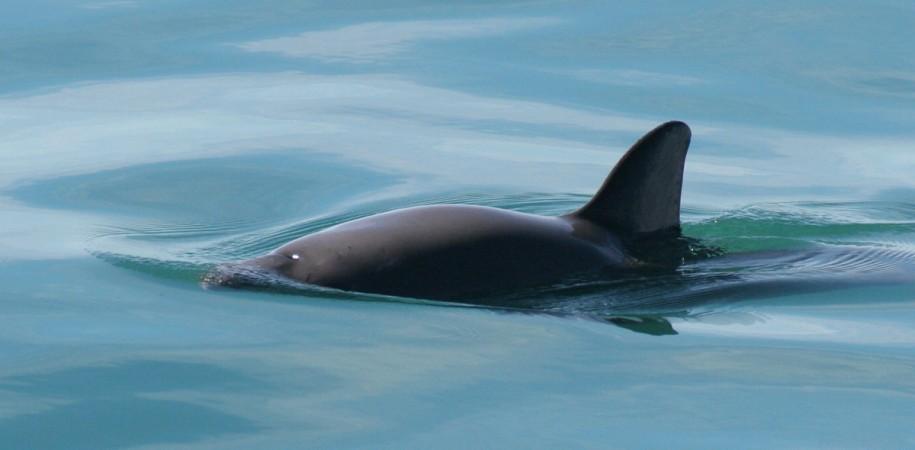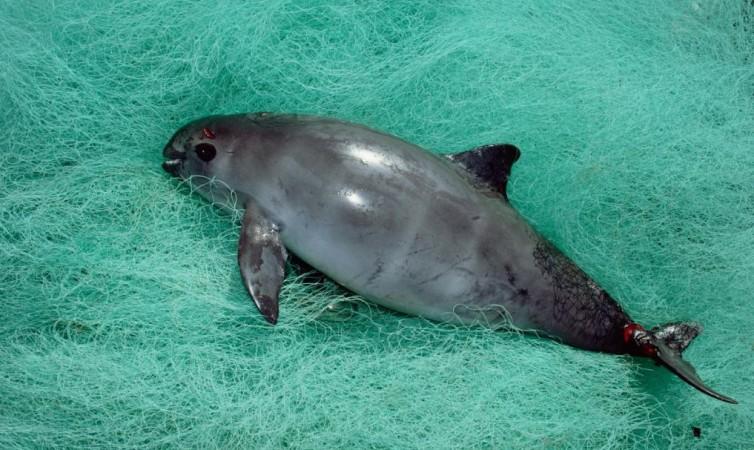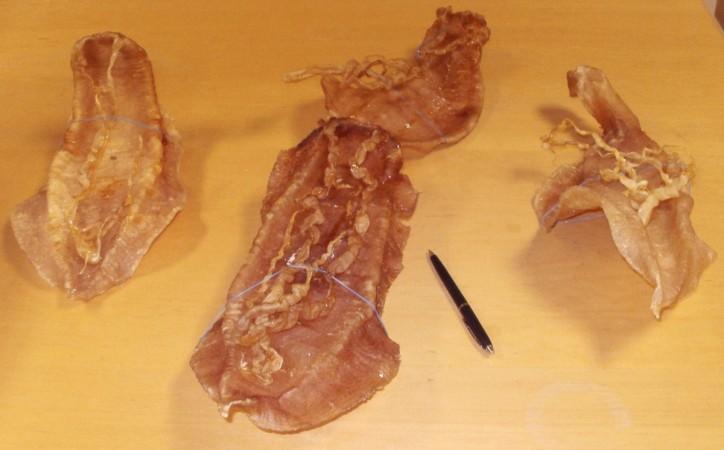
Before humans turn one of the rarest marine mammals on Earth, the vaquita, into the next dodo bird, one country bent on saving them is Mexico.
[WATCH] Shark and Orca battle in this extremely rare drone footage
Vaquitas are on the verge of extinction, with only less than 60 species now alive. Mexico is embarking on what is considered to be a "risky" rescue program that might save them from vanishing from the waters of the Earth.
What's Mexico's rescue plan?
In 1997, Mexico established a conservation group called The International Committee for the Recovery of the Vaquita (CIRVA).
The group has been leading Mexico's efforts to save the marine mammal. The group are putting together a "dream team" of scientists and experts, including those in acoustic monitoring and porpoise capture.
"It would involve locating them, capturing them and putting them in some kind of protective area," said Lorenzo Rojas-Bracho, chairman CIRVA to The Associated Press.
CIRVA wants to capture the vaquitas and to breed them in captivity.
What is Vaquita? Why is it endangered?
Vaquita is a rare species of porpoise, which are small toothed whales that have a blunt rounded snout and low triangular dorsal fins.
People did not know about them until 1958 when it was first discovered. This grey coloured mammal is endemic to the northern part of the Gulf of California.
But these mammals are often caught in the gill nets belonging to operators of illegal fishing in the marine protected areas of the Gulf of California, WWF website noted.
Once caught in the nets laid out to catch shrimp, fish and totoaba, an endangered mammal, vaquita gets trapped and drowns, the Huffington Post reported.

But why are illegal fishing operations being undertaken? This has to do with Chinese love for marine delicacy – the swim bladder or maw of the Totoaba fish.
What is Totoaba fish?
The totoaba fish is a large marine fish that is endemic to the Gulf of California. Due to intensive fishing and the habitat loss as a result of conversion of the Colorado River Delta, this once abundant fish has now been categorised as critically endangered. In the past 60 years, there has been a decline of 95 percent of the fish population.
The fish has a valuable commodity, its swim bladder, which allows them to float, is a delicacy in China for soups and medicine. It is called the "aquatic cocaine," and sells at a price of $10,000 a kilogram.

The illegal fishermen/women, in their attempt to catch totoaba, trap the Vaquitas in the nets.
Does it have international support?
In October, the International Whaling Commission, okayed measures to permanently ban gill net fishing form these waters and remove all the gill nets that exists in these waters and also to crack down on the illegal totoaba trade. The resolution was supported by Mexico and US.
Mexico gets into the act
Mexico has removed over 100 of these "ghost" gill nets found in the area. Moreover, Mexico is also using some latest technology, from drones to high-resolution cameras to detect illegal fishing operations in the Gulf of California.
Is capturing them the most valid option for its conservation? Will it succeed?
There are doubts over the success of the vaquita capture programme, since these mammals have never been kept in captivity, the report noted.
There is the risk of the mammal dying in captivity, which could only fasten their extinction.
The health of the Gulf could be under threat if the vaquitas are removed, experts warned, expressing concerns their removal.
Moreover, with vaquitas out of the scene, the fishermen would wipe out the totoaba population, conservationists have warned.
WWF is opposed to the plan
The World Wildlife Fund (WWF) is opposed to the capture and breed plan of the Mexican government. Captivity is "not a desirable or practical option for the vaquita. We must strive to save this porpoise where it belongs: in a healthy Upper Gulf of California," said Omar Vidal, Mexico director of the WWF.
CIRVA ready to take the risky step
CIRVA admits to the risks that are involved in their plan. But saving the mammal is more important that the dangers it involves.
"Capturing them is a very difficult decision. It implies risks, but it won't be rushed. In any sign of stress, we will let them be free. We don't know what will happen. But we hope that it can be the difference between its extinction and its salvation," said Rojas-Bracho to the AFP.
How can vaquitas be saved?
US and Mexico can enforce a strict ban on usage of gill net in the entire range where vaquitas are found.
Also, WWF has also asked US and China to abolish illegal trade in totoaba products and to help the Mexican government with enforcement support. If these measures are not taken, and taken fast, we can consider Vaquitas to be the next dodo.

















